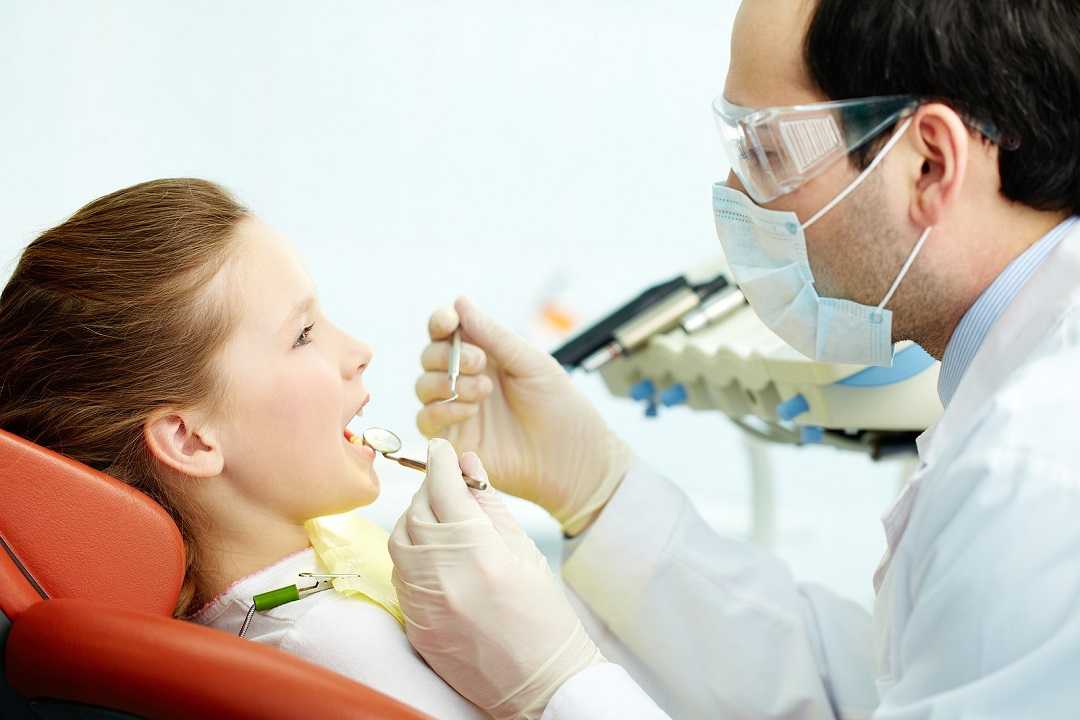Believe it or not, almost half the U.S. population struggles with bad breath. While mouthwash is a helpful addition to daily oral hygiene, it should never be considered a replacement for daily brushing and flossing. Brushing removes most of the food, bacteria and plaque from the surface of your teeth and flossing gets in between your teeth, then mouthwash gets to the hard to reach spaces helping to reduce the risk of cavities and gum disease. What are some mouthwash benefits you should know about?
There are a wide variety of mouthwashes on the market intended to support different aspects of oral health. Depending on the need, there is a mouthwash to fit the situation. The primary types of mouthwashes include:
Desensitizing mouthwash
If reducing sensitivity is the goal, a mouthwash containing Arginine can help. By sealing the sensitive dentinal tubules, Arginine has been shown to be effective in reducing or eliminating dentinal hypersensitivity.
Fluoride Rinse
According to the American Dental Association (ADA) Mouth Healthy site, Fluoride not only fortifies tooth enamel against acid attacks, it also repairs the early stages of tooth decay. By adding another layer of defense against tooth decay, this mouthwash can be useful for people who have trouble fighting off cavities.
Whitening mouthwash
This kind of rinse contains a bleaching agent, commonly hydrogen peroxide, which helps to whiten teeth and remove stains over time. While this type of mouthwash may temporarily control or reduce bad breath, it doesn’t actually decrease your risk of cavities or gum disease. Because it doesn’t effectively attack the germs, it leaves breath minty by only masking the bad smell – not removing the bacteria that causes bad breath. Some dentists warn against this type of mouth rinse because hydrogen peroxide can harm gum tissue causing the outside layers of the gums to pull away.
Anti-plaque mouthwash
This type of therapeutic rinse controls bacterial plaque and reduces and inhibits gingivitis, (a form of gum (periodontal) disease). Many contain chlorhexidine gluconate which is the most effective plaque-fighting drug yet tested, and can be available by prescription only. They are recommended for short-term use of six months or less, but have been shown to:
- Prevent or control tooth decay
- Reduce plaque
- Prevent or reduce gingivitis
- Decrease the speed that tartar forms on the teeth
- Freshen breath
When choosing an over-the-counter mouthwash, focus on products that have the American Dental Association Seal of Acceptance, because they have been tested and shown to be safe and effective.
While there are many mouthwash benefits, it is not recommended for children younger than 6 years of age. They may accidentally swallow large amounts of the mouthwash, which can cause nausea, vomiting and intoxication (due to the alcohol content in some rinses).
Enroll today and then talk to one of our dentists to learn more about the many mouthwash benefits that may improve your oral health.









